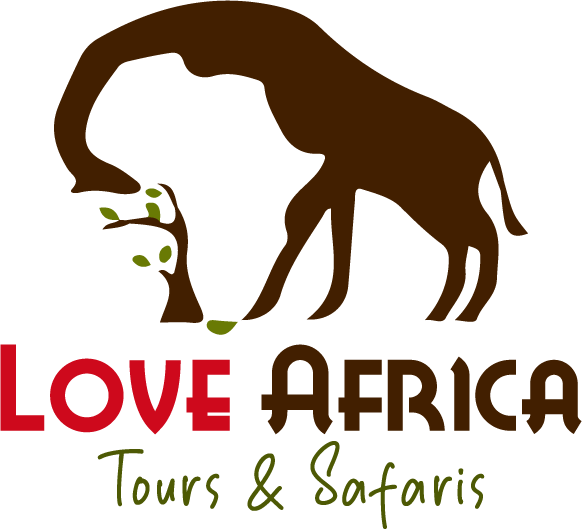Age Limits for Conquering Kilimanjaro
When it comes to embarking on the adventure of conquering Mount Kilimanjaro, the question of age often arises. While many may dream of reaching the summit of Africa’s highest peak, it is important to consider whether there should be age limits in place for such a challenging expedition.
Determining the Ideal Age for Conquering Kilimanjaro
Age can play a significant role in one’s ability to successfully conquer Kilimanjaro. The physical demands of trekking to high altitudes and facing extreme weather conditions require a certain level of fitness and endurance. As such, determining the ideal age for conquering Kilimanjaro is crucial for ensuring the safety and well-being of all climbers.
While there is no specific age limit set in stone for climbing Kilimanjaro, many tour operators recommend a minimum age of 10-12 years old for children to participate in the expedition. This is due to the strenuous nature of the trek, which can be physically demanding even for adults. Younger climbers may not have the physical strength and stamina required to withstand the challenges of the climb.
On the other end of the spectrum, some tour operators suggest an upper age limit of around 70-75 years old for climbing Kilimanjaro. As individuals age, their physical abilities can decline, making it more difficult to cope with the rigors of high-altitude trekking. Older climbers may also be more susceptible to altitude sickness and other health issues that can pose risks during the expedition.
Ultimately, the ideal age for conquering Kilimanjaro will vary from person to person. It is essential for climbers to assess their own physical fitness and capabilities before embarking on the journey. Consulting with a healthcare provider and undergoing a thorough medical examination can help determine whether an individual is fit enough to tackle the challenges of climbing Kilimanjaro.
Exploring the Benefits of Age Limits on Kilimanjaro Expeditions
Setting age limits for Kilimanjaro expeditions can bring several benefits to climbers and tour operators alike. By establishing minimum and maximum age requirements, tour operators can ensure the safety and well-being of all participants during the expedition.
For younger climbers, age limits can help prevent injuries and health issues that may arise from undertaking a physically demanding trek at a young age. It also allows children to develop their physical abilities and skills before attempting such a challenging adventure, ensuring a more enjoyable and successful climb.
For older climbers, age limits can help mitigate the risks associated with high-altitude trekking and reduce the likelihood of health complications during the expedition. By setting an upper age limit, tour operators can ensure that older climbers are well-prepared and physically capable of completing the climb, enhancing their overall experience and safety.
In conclusion, while there is no strict age limit for conquering Kilimanjaro, it is essential for climbers to consider their own physical fitness and capabilities before embarking on the expedition. Setting age limits can help ensure the safety and well-being of all participants, creating a more enjoyable and successful climbing experience for all involved.




